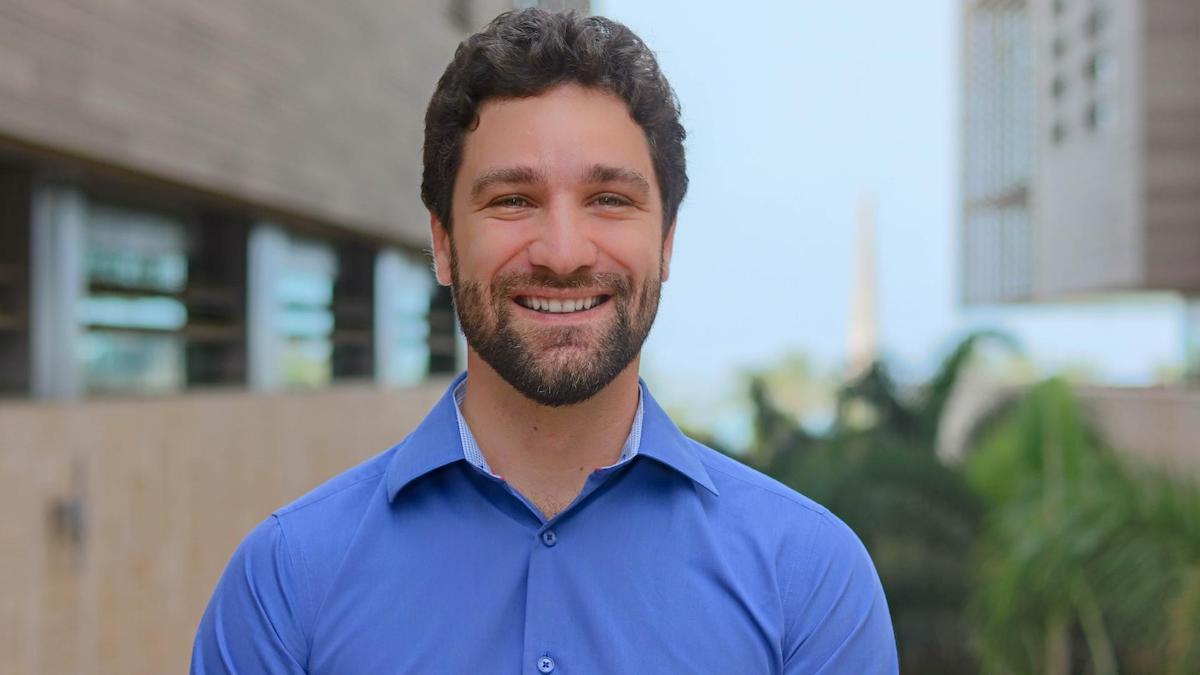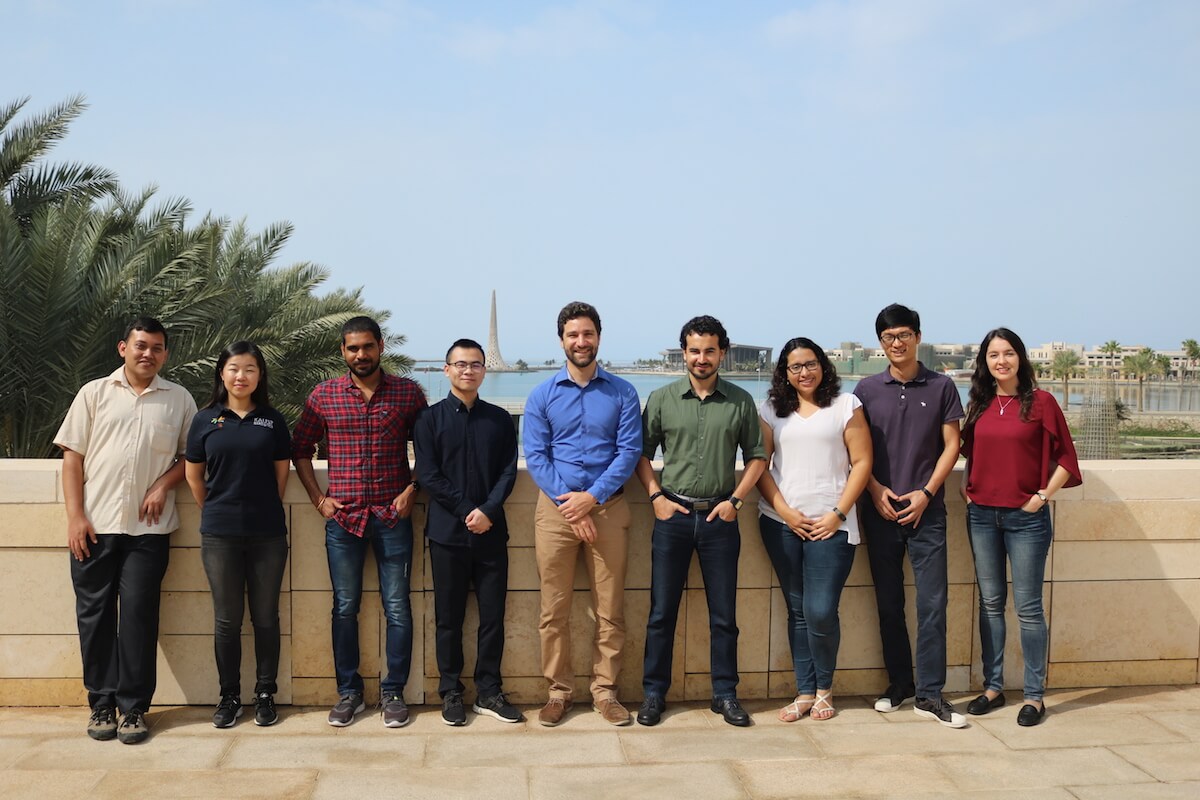KAUST Assistant Professor Raphaël Huser receives American Statistical Association award

KAUST Assistant Professor Raphaël Huser recently won the American Statistical Association’s 2019 Section on Statistics and the Environment Early Investigator Award. Image courtesy of Raphaël Huser.
By David Murphy, KAUST News
KAUST Assistant Professor Raphaël Huser recently received the American Statistical Association's (ASA) 2019 Section on Statistics and the Environment (ENVR) Early Investigator Award for his outstanding contributions to environmental statistics. He accepted the award at the 2019 Joint Statistical Meetings held in Denver, Colorado, U.S., from July 27 to August 1.
Huser is based in the KAUST Computer, Electrical and Mathematical Science and Engineering Division, and his research focuses on the development of new models and methods for extreme events observed in space and time, with various applications in the environmental sciences.
The ASA award citation noted the impact of his research and granted the award "[f]or the development of highly flexible models for extreme events observed in space and time and the detailed study of their joint tail behavior; for the development of novel computationally efficient methods for multivariate extreme value distributions; and for an exceptionally wide range of environmental and risk assessment applications."

The University's Assistant Professor Raphaël Huser (left) is shown here receiving the American Statistical Association's 2019 Section on Statistics and the Environment (ENVR) Early Investigator Award. Pictured with him are University of British Columbia Professor Emeritus James V. Zidek (center), the chair of the ENVR Award Committee, and University of Cincinnati Associate Professor Emily Kang (right), the second recipient of 2019's ENVR Early Investigator Award. Image courtesy of Raphaël Huser.
Developing novel statistical models to better understand extreme weather events
Huser received his Ph.D. degree in statistics from the École polytechnique fédérale de Lausanne (EPFL) in 2013. He also received his bachelor's degree in mathematics and his master's degree in applied mathematics from EPFL. After joining KAUST in 2014 as a postdoctoral fellow, Huser then transitioned to his current role as an assistant professor at the University in 2015. He is currently the principal investigator of the KAUST extSTAT research group.

KAUST Assistant Professor Raphaël Huser (center) noted he is grateful to members of his extSTAT research group (pictured here) for their support of his research efforts. Image courtesy of Raphaël Huser.
"Extreme events behave fundamentally differently from averages. In the extSTAT research group, we develop novel statistical models to better understand the stochastic behavior of such rare events...to assess and better predict their potential impact," he explained. "In the future, I will continue working on these topics, aiming at modeling increasingly complex spatio-temporal extreme-value processes, which require flexible and specialized models as well as efficient inference approaches in high dimensions."

